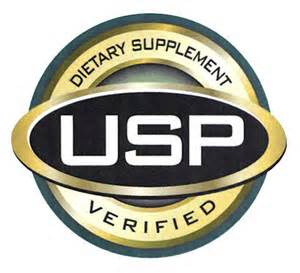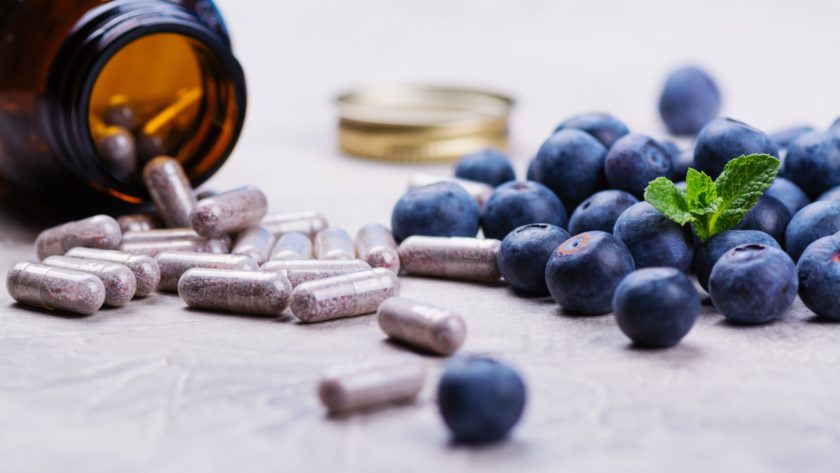UPDATE: In 2011 I reported on dietary supplement safety and warned that supplements are not risk-free. Today, based on the cease-and-desist letters sent to major retailers by the New York attorney general, there’s even more evidence that you should be wary of supplements on store shelves.
According to the FDA, makers of the following are not required to show their products are safe or effective before they go on the market:
- Herbs or other botanicals
- Vitamins
- Minerals
- Amino acids
- Other raw ingredients
That’s because over 20 years ago, President Clinton signed the “Dietary Supplement Health and Education Act of 1994“. Under this law, supplements do NOT need FDA approval before they’re sold. This lack of oversight has caused serious illnesses and irreversible health effects.
Per a Congressional investigation in 2010, dietary supplements were found to contain the following:
- Heavy metals (lead, mercury, cadmium, arsenic)
- Pesticides
- Filth and bacteria
- Prescription drugs
- Super/subpotent vitamins and minerals
- Toxic compounds
Phony Herbal Supplements Sold by Major Retailers
On Tuesday, February 3, 2015, the attorney general of New York demanded four major retailers (GNC, Target, Walmart, and Walgreens) to stop selling the following herbal supplements:
- Echinacea
- Garlic
- Gingko Biloba
- Ginseng
- Saw Palmetto
- St. John’s Wort
- Valerian Root
These stores were allegedly selling store-brand products which were found to not contain the ingredients listed on the label (for example, the ginseng supplement contained NO ginseng and contaminants only). The contaminants, which appeared to be used as fillers, include:
- Alfalfa/clover
- Allium
- Asparagus
- Cassava (a tropical tree root)
- Citrus
- Daisy
- Dracaena (a houseplant)
- Echinacea
- French bean
- Grass
- Legume
- Palm
- Pea
- Pine
- Primrose
- Ranuncula
- Rice
- Rice mustard
- Spruce
- Wheat
- Wild carrot
- Saw palmetto
To read the full press release, go to the website of Attorney General Eric T. Schneiderman.
WARNING! Beware of supplements if you have food allergies or are taking medication for an unrelated illness. You are taking a potentially serious health risk each time you take a contaminated herbal supplement.
Karen’s Fit Tip: Be sure to look for the USP- or NSF-verifed mark  on all dietary supplements to ensure the purity, potency, stability, and disintegration of both the raw ingredients and the end product. But the FDA warns that the seal of approval does NOT guarantee that the product is either safe and/or effective or that the recommended dose is appropriate
on all dietary supplements to ensure the purity, potency, stability, and disintegration of both the raw ingredients and the end product. But the FDA warns that the seal of approval does NOT guarantee that the product is either safe and/or effective or that the recommended dose is appropriate  for the treatment you seek.
for the treatment you seek.
Additional links:
VIDEO: Supplement Safety – Part 1
VIDEO: Supplement Safety – Part 2

